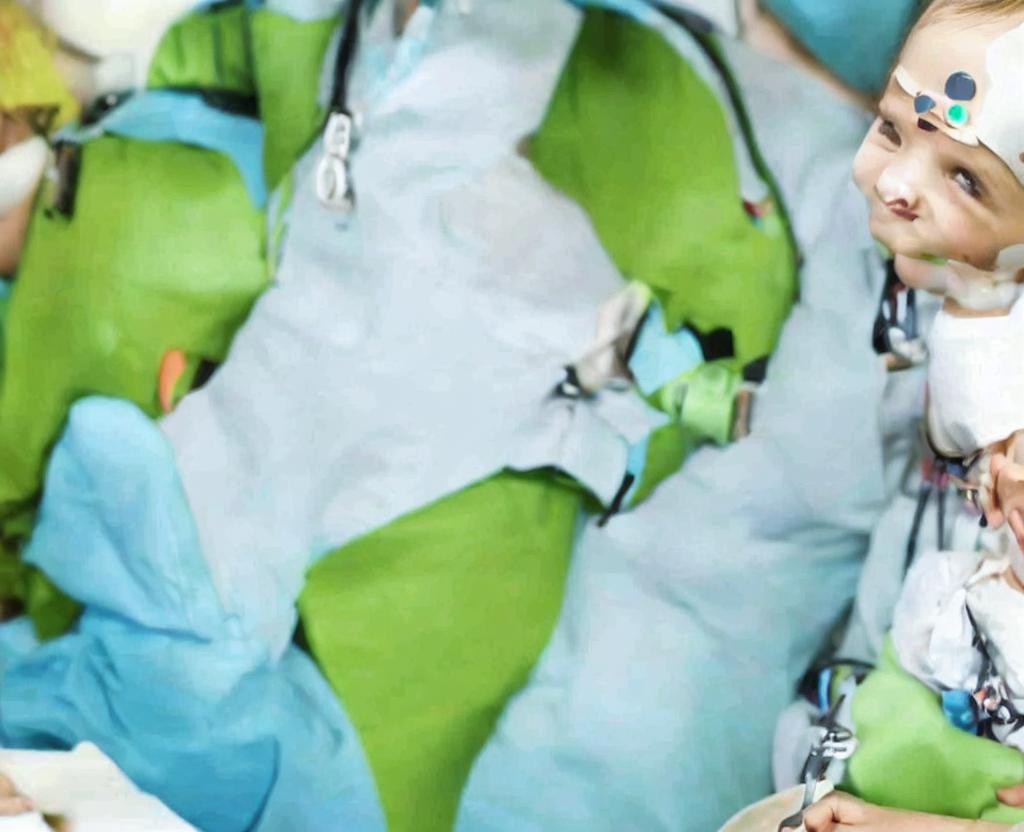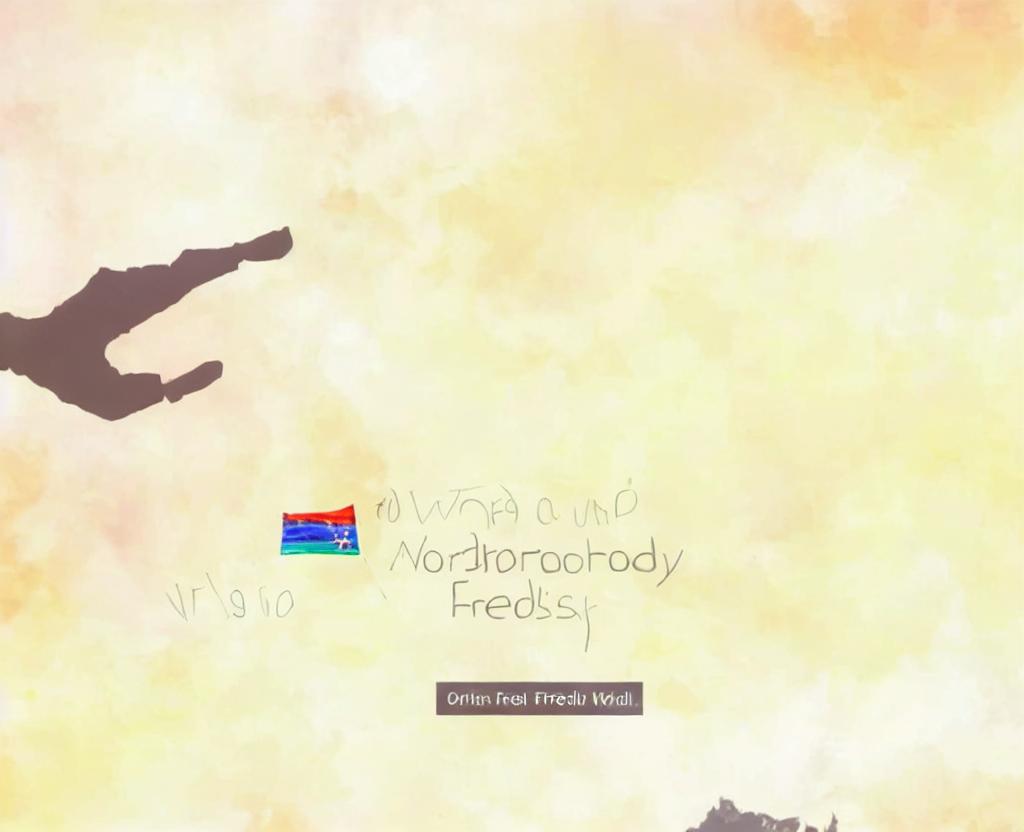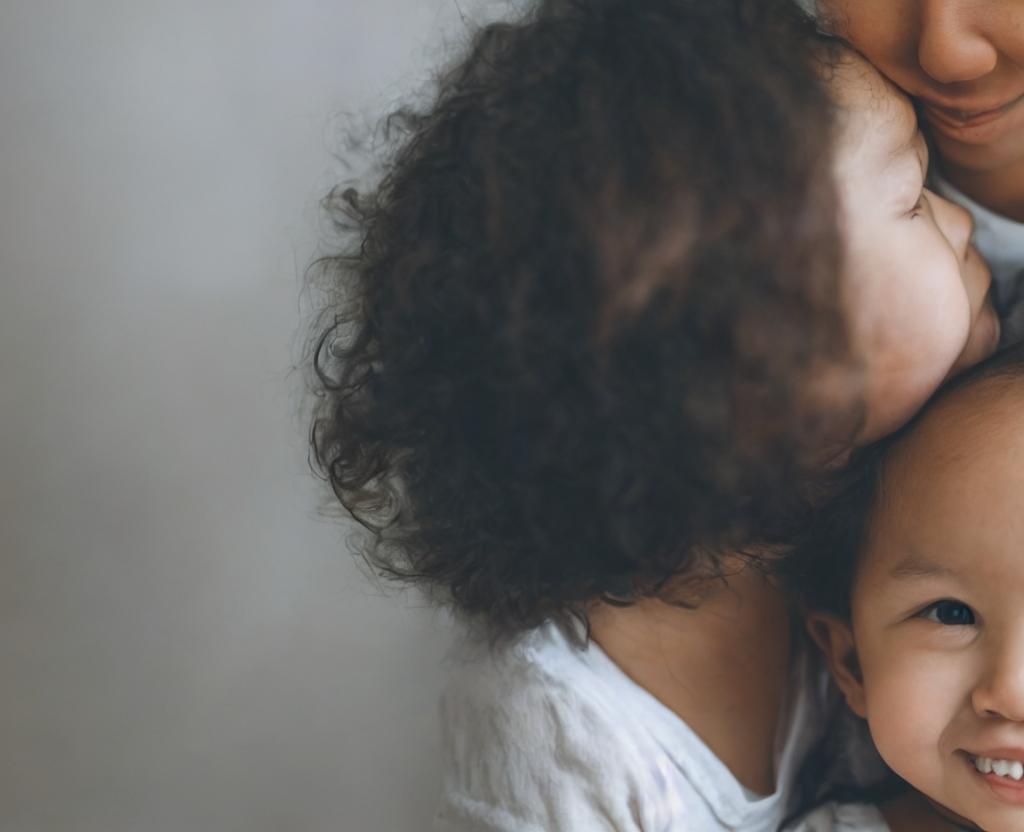
Microtia Awareness Day
Microtia Awareness Day, November 9th, dedicates November 9th to raising awareness and understanding of a congenital disorder, which derives its name from Latin words for little ears. Mark the calendar and consider the number 9 as the shape of an ear.
1 in 9,000
Microtia affects one out of every 9,000 people. Microtia occurs when the ear or ears do not fully develop during pregnancy's 1st trimester. Although Microtia is present at birth, there is no explanation given as to why Microtia occurs. Many people who were born with Microtia face hearing loss, facial difficulties, and the longing for social recognition.
The day of their child's birth for the majority of parents changes from celebration to anxiety and confusion. They first notice the outward signs of the condition, rather than the birth of their beautiful new baby, a small, curiously shaped ear or no ear at all... Doctors and nurses may be particularly well versed in the condition, depending on where these families live. Parents are quickly educated and prepared, reassuring them. The illness is present in other regions, however, in other countries, but it is unusual. Any lingering sense of celebration that comes with a birth is quickly shattered by misinformation or a lack of details.
Often when answers aren't forthcoming, hopes and aspirations are overshadowed by unnecessary obstacles to a joyful occasion. However, there are options and assistance! ay raises public knowledge. The Microtia Awareness Day in the United States promotes public knowledge. In addition, the day promotes the belief that future generations of families will leave the hospital with more answers than concerns and their hopes for their children intact.
They are different, and people don't know they are different. They don't know they are different
When children are born, they don't know they are any different from everyone else. Many in Microtia have shared similar tales of curious stares, bullying, or awkwardness.. Every child's development and functioning as an adult is affected by individual personalities, social conditioning, readily available medications, and bullying. We can stop bullying and ensure a happier future by removing unnecessary boundaries and replacing them with tools, equipment, and assistance.
Advances in technology improve the lives of those with Microtia in addition to self-acceptance and loving oneself... one of the many advancements that support microtia patients.
- hearing aids
- implants
- surgical procedures
- New outer ears can be produced by bio-ears that produce new outer ears
- 3-D printing
But research requires time, experiments, and assistance. Even the untapped promise of 3-D printing is promising.
Microtia residents are a wonderful group of people. Human support, education, and acceptance are all common trends among those who use and without technology, medical procedures, or scientific study. Their stories have consistently state that the most significant advancement of all is human support, education, and acceptance.
How to celebrate #microtiaawarenessday
Share your tale while celebrating the day.. Learn more about Microtia and provide support for those with the disease.
To post on social media, use #MicrotiaAwarenessDay.
Ay in history. The day was a microtia awareness day in the United States
In 2016, the Tumblin family sponsored Microtia Awareness Day, which was presented by the Tumblin family. Melissa Tumblin founded Ear Community in 2010 after stumbling through the obstacles and challenges of finding answers for her daughter when she was born with Microtia. Since then, Ear Community has brought over 6,500 people from around the world to the organization's events, making it possible to share experiences and resources.
Not only children and adults with Microtia and their families, but also educators, advocates, and medical professionals from around the world who promote education and support for this amazing group of individuals.. Members of a multitude of viewpoints have the disorder or a family member who does, so they have direct personal experience with the challenges.





